Labubu Blind Boxes Corner the Kidult Collectibles Market: Must-Haves Explained
Originally created by Hong Kong-born illustrator Kasing Lung in 2015 for his picture book series The Monsters, Labubu dolls were first licensed and sold by Chinese toymaker Pop Mart in 2019. They’ve since become Pop Mart’s bestselling collection, generating $419m in revenue in 2024 (The Week, 2025).
Coinciding with the growing street-style trend for bag charms (see Street Style 2024: Part Two), the popularity of Labubu dolls has been on the rise since early 2024, when Thai K-pop idol and member of Blackpink, Lisa, began wearing the toys and sharing her collection on Instagram. Further boosted by viral unboxing videos on TikTok, the craze reached fever pitch recently, leading Pop Mart to pause sales of the toys in its UK stores due to customer safety concerns. Stores worldwide are experiencing similar frenzied behaviour, from Australia to the US, and across Europe, Asia and the Middle East. Whether displayed as trinkets or worn as bag charms, these collectibles have become a status symbol adjacent to luxury accessories.
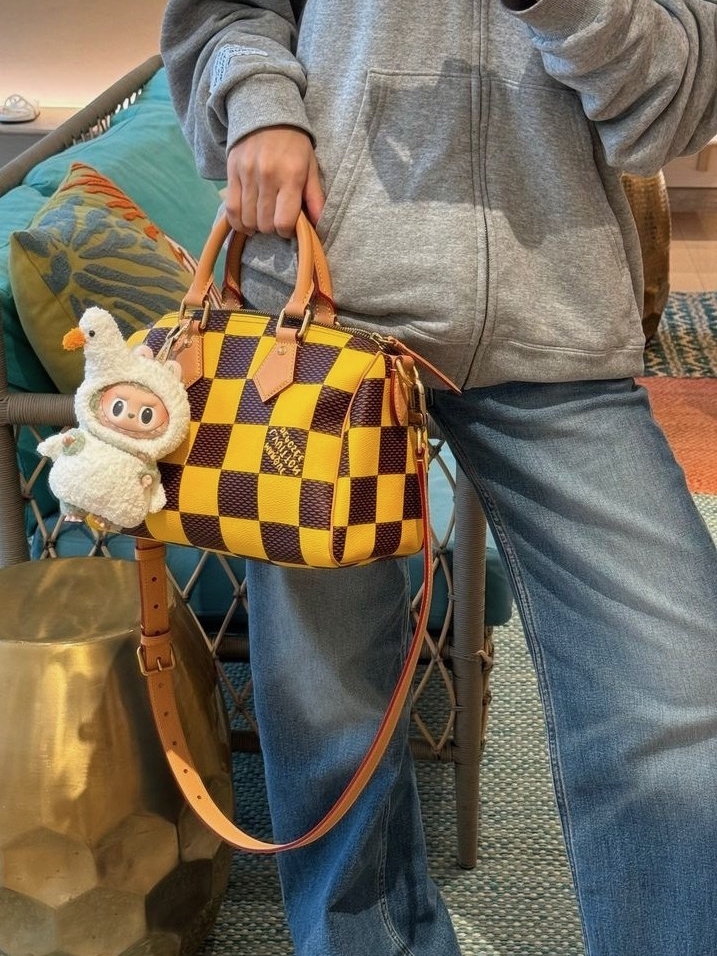
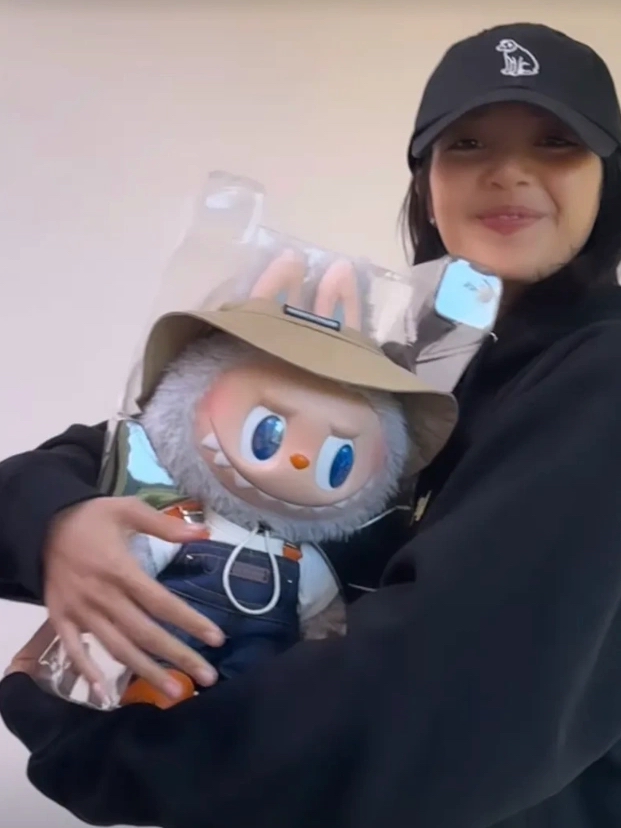
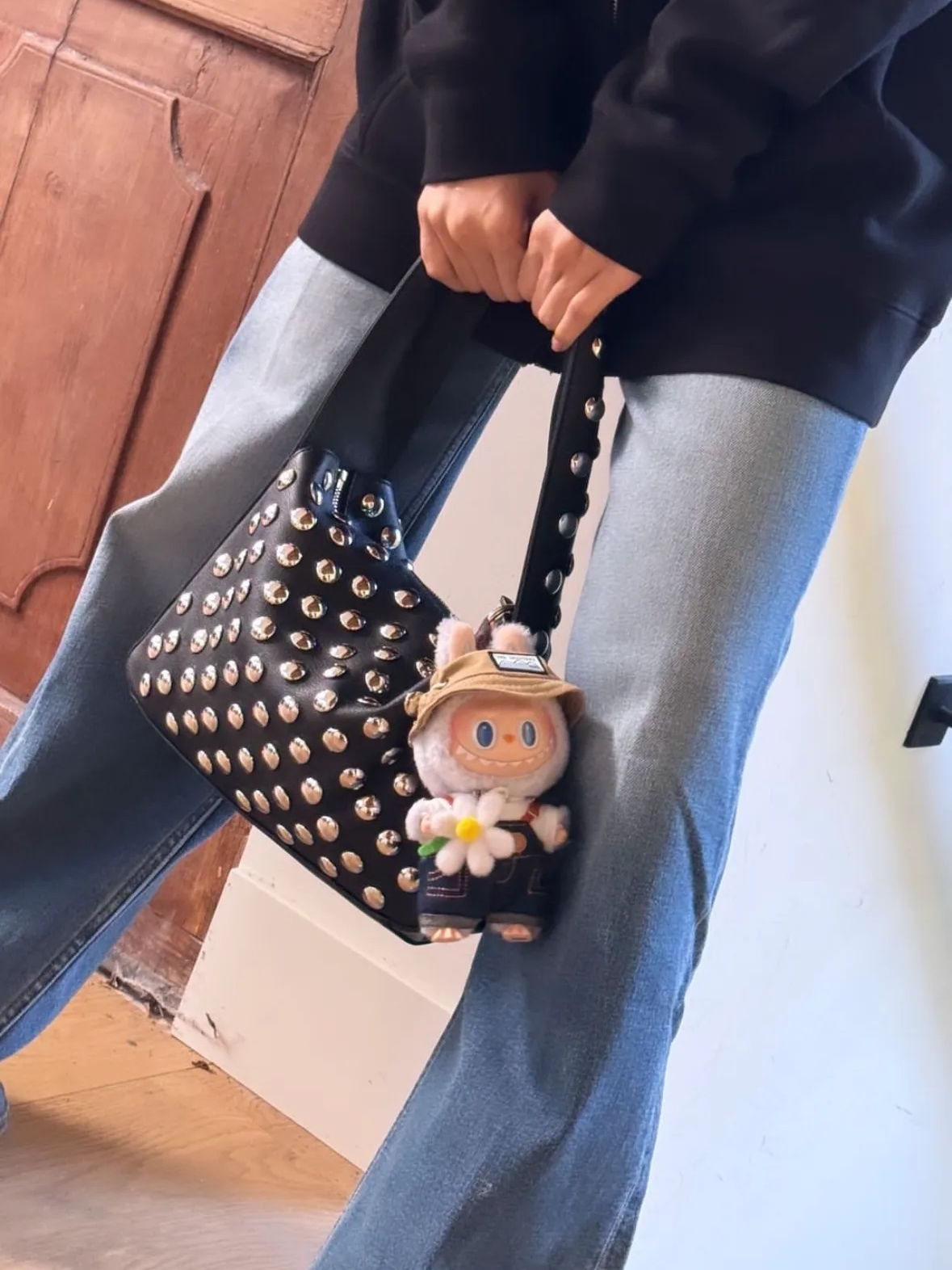
The blind-box format, though not a new marketing tool (it originated in 1960s Japan with gachapon capsule toy vending machines), has boosted the popularity of these toys, which are marketed as collectibles for adults. The surprise element and uncertainty of securing certain designs drives repeat purchases as consumers search for their desired edition, as well as the coveted rare ‘secret’ toys included in each collection. Other blind-box characters, such as Japan’s Sonny Angel or Pop Mart’s Skull Panda, Crybaby and Hirono series regularly sell out, demonstrating the pull of the mystery-box format.
Much like sneakers and other street-style limited editions, some consumers are buying up blind-box toys with the sole purpose of reselling them. As of March 2025, Labubu is the number one collectible item on resale platform StockX, with listed unopened blind boxes starting at $55 – more than double their retail price of $21.99. Elsewhere, collectors are turning to online communities across Facebook and Reddit to resell or swap their doubles.
Cornering the kidult market, these collectible toys tap into a sense of escapist nostalgia, as well as a means of expressing whimsical individuality (see our S/S 2026 Design Direction Quirk). As Peter Shipman, managing director and head of Europe at Pop Mart told Vogue Business: “With everything going on in the world right now and so much uncertainty, people are seeking out experiences and items that bring comfort, happiness and a sense of playfulness. Labubu and the whole Pop Mart range offers a little pocket of escapism, something charming and reassuring to carry with you.”
In sharing the unboxing of their collectibles online, these consumers have also created a sizeable community, flocking to social media to present their collections, trade editions and discuss the latest launches. Currently, there are over 1.5 million videos using #Labubu on TikTok and one million using #blindbox, while Pop Mart’s global TikTok account has over 2.5 million followers.
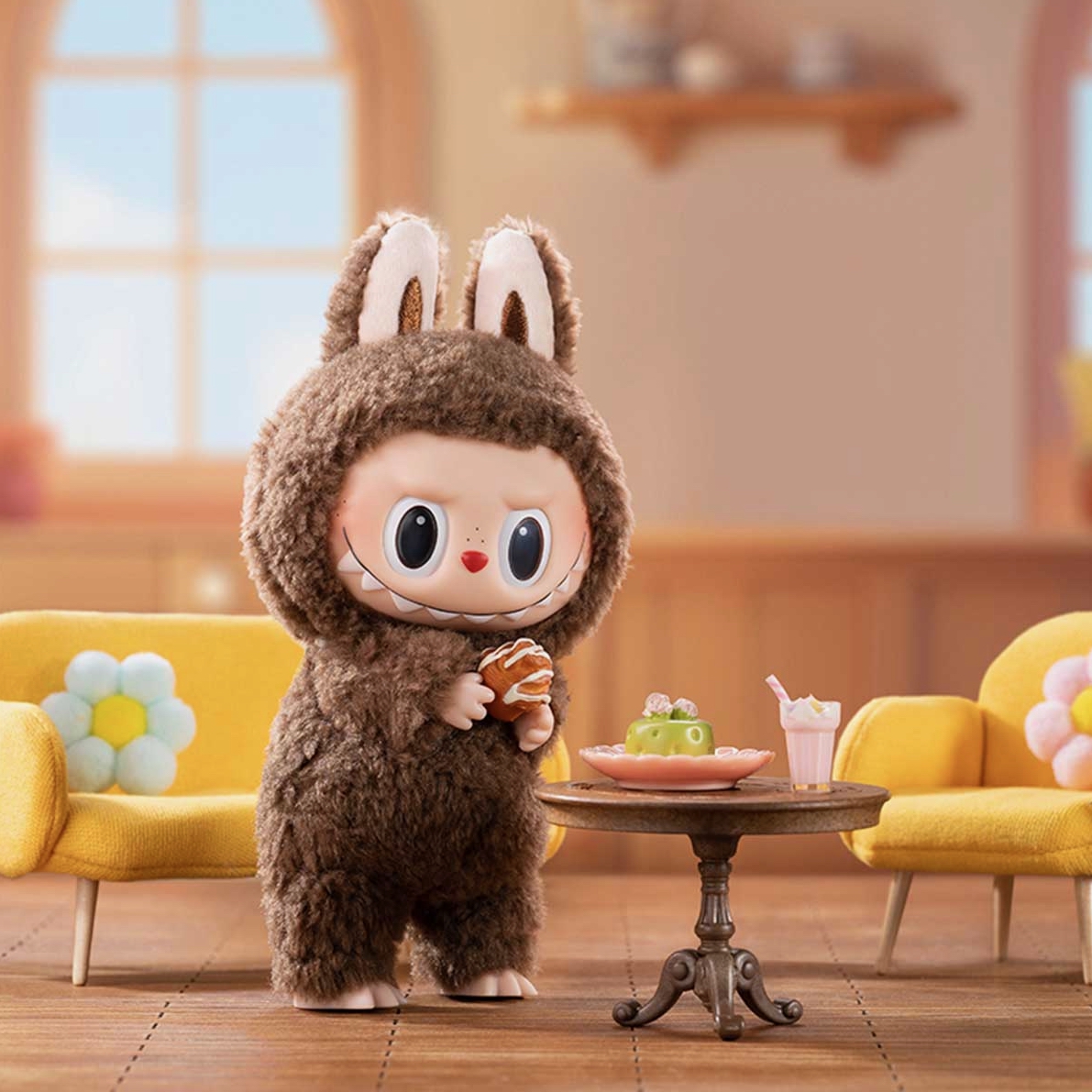
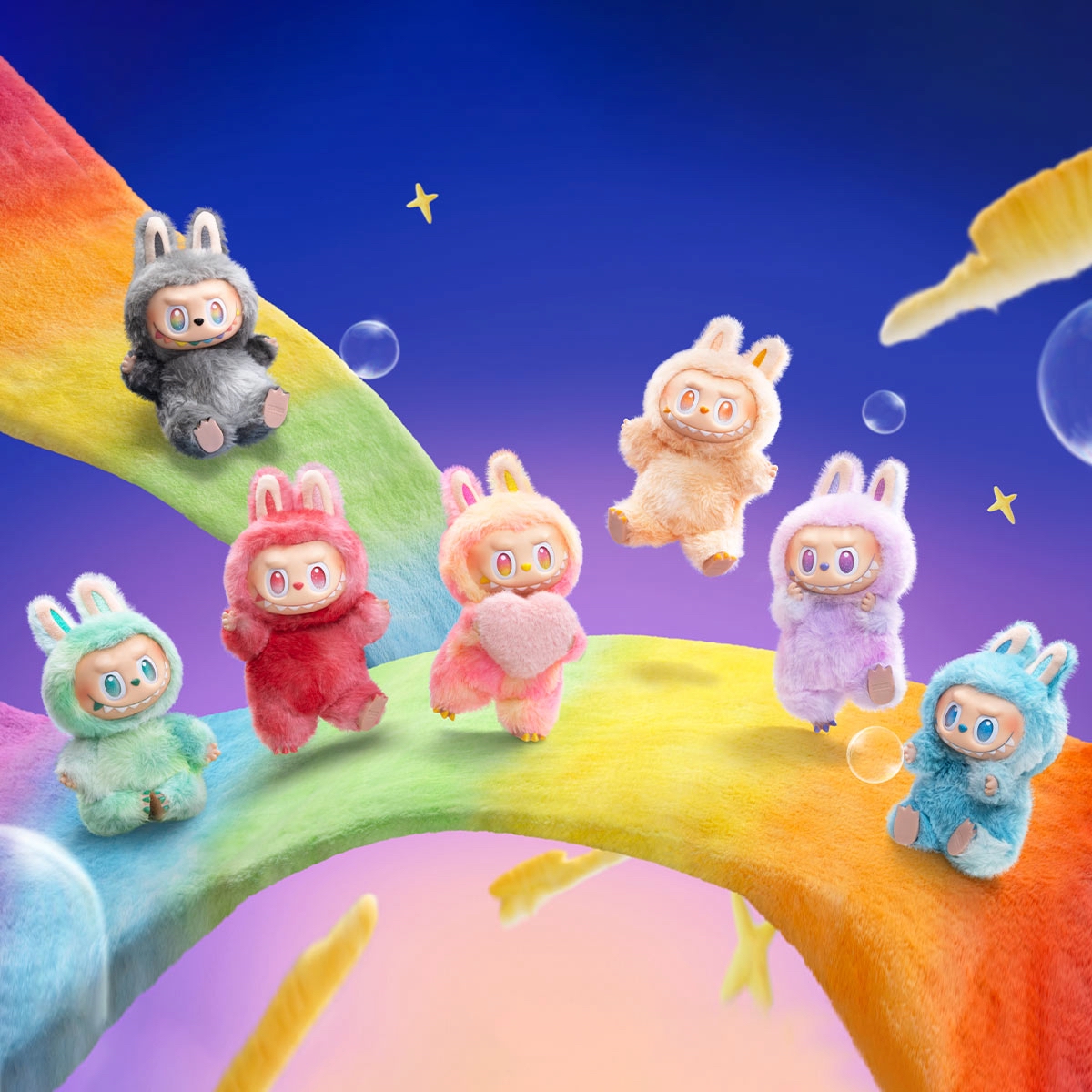

Elsewhere, the whimsical Amusables plushies by UK brand Jellycat were British department store Selfridges’ fastest-selling toy throughout the 2024 holiday season, with one sold every 15 seconds, while in early 2025, the booming resale market for the toys led to a surge in shoplifting. Lego is also catering to this kidult demand with its Botanicals collection and adult building sets, many of which feature licensed designs including The Simpsons, Star Wars and art by Keith Haring.
With global sales of collectible toys growing by almost 5% in 2024 despite an overall slowing in toy sales (Circana, 2025), the kidult market is demonstrating strong spending power – something that savvy brands should take note of.

